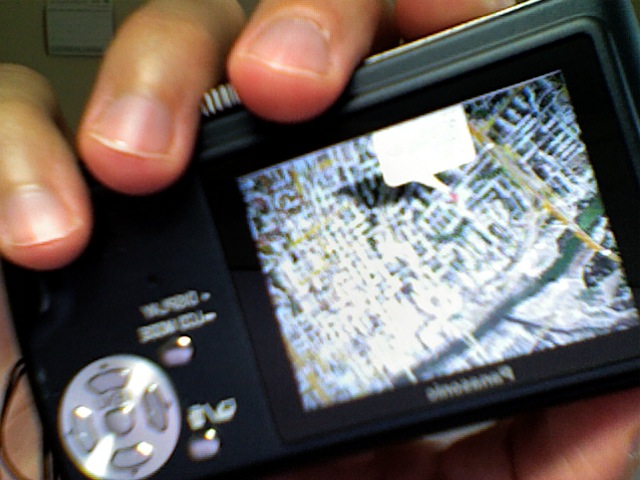 Dumb Little Man recently featured a great video of Rob Gruhi explaining how to negotiate the best price for a car. His advice is specific to new cars, but most of the principals apply to used cars as well.
Dumb Little Man recently featured a great video of Rob Gruhi explaining how to negotiate the best price for a car. His advice is specific to new cars, but most of the principals apply to used cars as well.Here are some of my thoughts on buying a used car, based on my recent experience:
- Rob is correct that most of the time you won't get the best deal on a trade in. Still, you may wish to ask. The dealer might be more willing to give you a high trade-in value rather than a low purchase price. Also, a trade in can lower your sales tax.
- CarMax can give your trade-in a free appraisal. I think their business model is basically to give low appraisals and high purchase prices, but I've heard the occasional person gets lucky. Still, the appraisal can give you a more objective view of the car's condition for pricing using Bluebook or Edmunds. If you do get a good price, they will buy the car even if you don't buy one from them. The process took me about an hour. The appraisal I got was thousands too low -- I sold the car for 27% more.
- Like Rob says, the "off the lot price" is key. Never let the dealer talk about another price.
- To reinforce Rob: don't buy the first time you visit/call/email the dealer. You want to give the impression that the car fits your needs, but that you have plenty of other choices available. Ask for their best "off the lot price", tell them that it's too much, leave.
- Don't feel like a jerk. The sales guys want you feel bad for not buying a car. They'll act like you're the first person not to buy a car at full asking price. Don't fall for it. I called and bugged one sales guy to lower the price until he told me that he wouldn't talk to me anymore. In retrospect, I think this was just a gambit -- I should have kept pressing.
- Sales guys also like to build pressure on you by doing favors. They're just doing their job. "I talked to Bob, the sales manager for you." Trust me, he wasn't representing you. They were probably joking about how they would spend your money.
- Say no to extended warranties, even if you want one. I told the guy that I wasn't interested in the warranty and he immediately cut its price almost in half. I still didn't buy it.
- As you find cars that meet your needs put them in a spreadsheet. I tracked these columns: make, model, year, mileage, warranty (does it have a factory warranty?), date I first found it (so I know how long it has been on the market), blue book value, and a list of prices as they change in time. I log the price I get to for each interaction with the seller. If you build data over a month, it will help you identify good candidates for a bargain.
- If there are lots of cars of a type on the market, point it out to the seller. My father once carried a giant flapping stack of Autotrader printouts to show off. It worked.
- Just because the bluebook (or whatever) gives a certain price doesn't mean that you couldn't do better. Those values are averages. Think of a bell curve -- you want to be on the edge, not the middle. I paid thousands below book value on my last car.
- Some dealers seem to intentionally do a poor job of responding to requests for bids by email. Often they will just repeat the ad or ask you to call. Usually I get the data I want when I reply and repeat my request. Don't be afraid to call and ask for the "internet manager" either.
- Look for used cars on dealer websites, not just Craigslist, Autotrader, and your newspapers. Especially look for luxury cars being sold by non-luxury dealers. Likewise, look for ordinary cars for sale at luxury dealers. A friend once got a great deal on an Audi that had been sitting ignored for months on a Kia lot.
- Don't let the dealer try to steer you towards a cheaper vehicle when you make a low offer. Be firm. The dealer will act like you're crazy for thinking you can get "that much car" for less than asking price. This could be a good point for showing off your stack of printouts.


